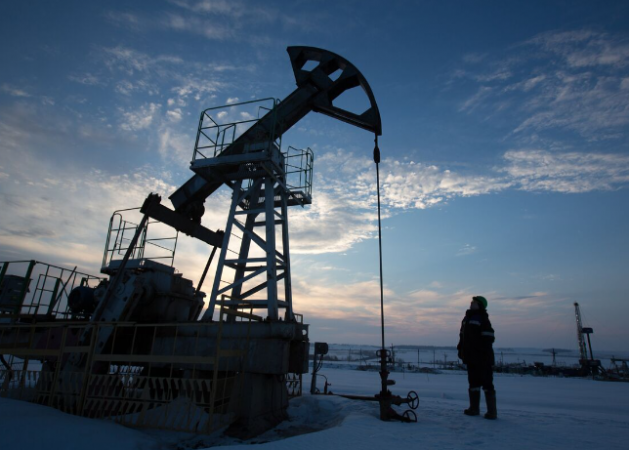
Washington: The first quarter of 2023 has defied expectations regarding oil prices. On March 17, the world's other major benchmark, WTI, fell to less than US$66 per barrel, while Brent, a significant global benchmark, hit a low of US$72 (£58).
This is a significant decline from the roughly US$114 and US$103 per barrel that were reached on the same day the year prior following the invasion of Ukraine by Russia, a major oil producer.
Even though the war in Ukraine rages on with no apparent end in sight, these unexpectedly low prices continue. Other developments have also fallen short of the anticipated price increases.
Also Read: India needs to be cautious against many potential risks: Finance Ministry
After China, the largest crude oil importer in the world, abandoned its zero-COVID policy in December 2022, there were expectations that Chinese oil demand would surge back quickly and sharply, driving up prices.
The cartel of some oil-producing countries known as OPEC+ had previously announced a production cut of 2 million barrels per day (mb/d), the largest since 2020 and equivalent to about 2% of the world's supply.
Prices did increase after OPEC+'s unexpected announcement of 1.1 mb/d of cuts on April 2. This has increased the group's cuts to 1.6 mb/d in addition to the 0.5 mb/d reduction announced by Russia in February. And by the middle of April, WTI and Brent both reached US$83 per barrel.
Also Read: Global Markets Lower ahead of US Earnings Report
However, the price of oil has recently begun to decline once more, an unexpected development during a conflict involving a significant oil exporter and as a major consumer like China is reopening after three years of economic isolation.
This demonstrates the continued unreliability of oil price predictions. The key factors influencing demand expectations are the economic outlook and the expansion of Chinese consumption, while Russia is a wild card in terms of supply. Global oil markets won't have a clear direction until uncertainty surrounding these three factors goes away.
Oil demand and economic growth are closely related because declining income causes people to reduce spending and travel, which in turn slows down oil-dependent manufacturing.
The major challenges facing the global economy have recently been highlighted by a number of economic forecasts, but widespread uncertainty appears to be at the top of the list.
The International Monetary Fund (IMF) highlighted a high level of uncertainty "amid financial sector turmoil, high inflation, ongoing effects of Russia's invasion of Ukraine, and three years of COVID" in its April 2023 World Economic Outlook.
Also Read: Experts claim that China's strong recovery is important to the global economy
The World Bank has also cautioned that "nearly all the economic forces that powered progress and prosperity over the last three decades are fading" and that "a lost decade could be in the making for the global economy".
The OPEC+ Monthly Oil Market Report for April projected economic growth and oil demand at roughly the same level as previous reports, but added: "The global economy will continue to navigate through challenges including high inflation, higher interest rates, particularly in the Eurozone and the US, and high debt levels in many regions." It claimed that "these uncertainties surrounding current oil market dynamics" were the driving force behind its choice to reduce output.